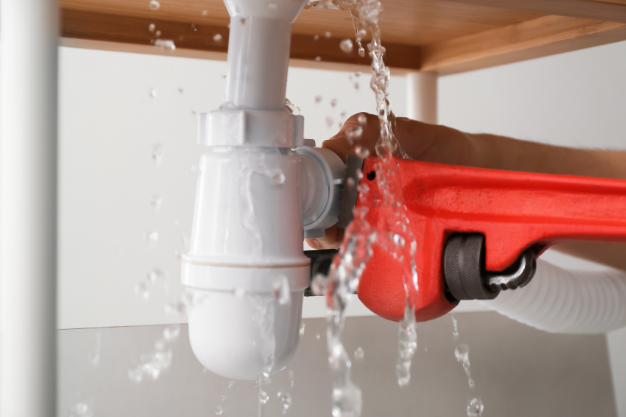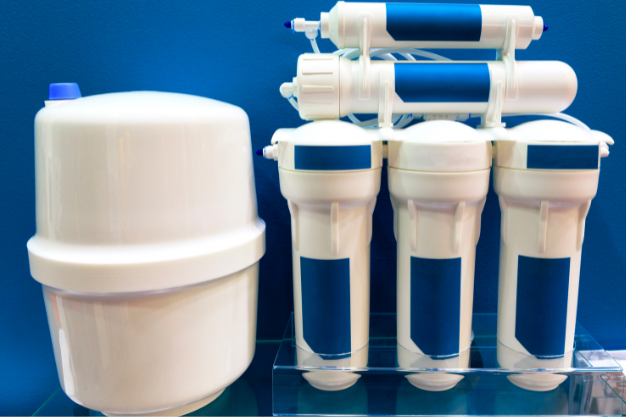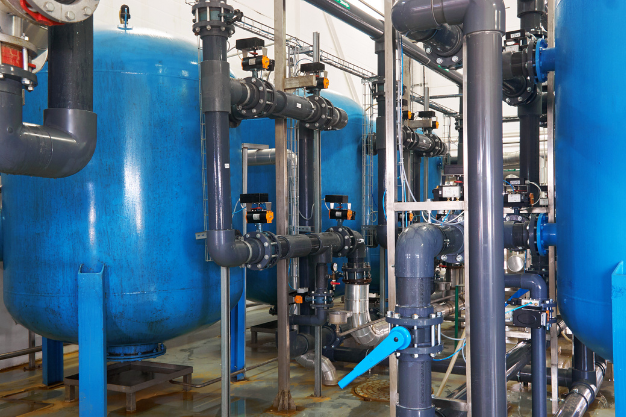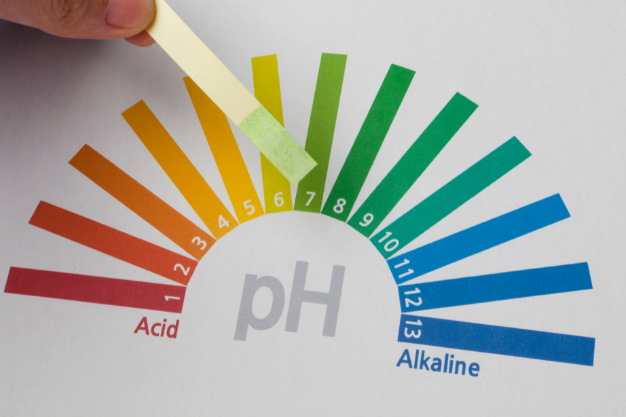The Importance of pH Level in Water: Understanding Water Quality
pH Level in water
The pH level of water is a measure of its acidity or alkalinity. The pH scale ranges from 0 to 14, with 7 being neutral. Values below 7 indicate acidity, while values above 7 indicate alkalinity. Understanding the pH level of water is important for determining its quality and potential health effects.
What is pH?
The term "pH" stands for "potential of hydrogen." It is a measure of the concentration of hydrogen ions (H+) in a solution. The pH scale ranges from 0 to 14, with 7 being neutral. Solutions with a pH less than 7 are considered acidic, while solutions with a pH greater than 7 are considered alkaline (basic).
Why is pH Important in Water?
The pH level of water is important for several reasons:
1. Health Effects: Drinking water with a pH that is too low or too high can be harmful to human health. For example, water with a pH below 6.5 can cause dental erosion and damage to plumbing systems. Water with a pH above 8.5 can cause skin irritation and other health problems.
2. Corrosion: Water with a low pH can be corrosive to pipes, plumbing fixtures, and appliances, leading to leaks and other damage.
3. Water TreatmentThe pH level of water can affect the effectiveness of water treatment processes. For example, low pH levels can reduce the effectiveness of disinfection processes, while high pH levels can cause scale buildup in water treatment equipment.
4. Environmental Effects: The pH level of water can also affect aquatic life and ecosystems. Water with a pH outside of the optimal range can harm fish and other aquatic organisms, leading to ecological imbalances.
How is pH Level Measured in Water?
pH level is measured using a pH meter or test strips. These tools measure the concentration of hydrogen ions in the water and provide a reading on the pH scale. It's important to note that the pH level of water can fluctuate over time, so it's important to test water regularly to ensure that it remains within a safe and healthy range.
Conclusion
The pH level of water is an important measure of its quality and potential health effects. Drinking water with a pH that is too low or too high can be harmful to human health and the environment. It's important to regularly test the pH level of your water to ensure that it remains within a safe and healthy range. If you're concerned about the pH level of your water, contact your local water treatment plant or environmental organization for guidance on how to maintain safe and healthy water quality.





